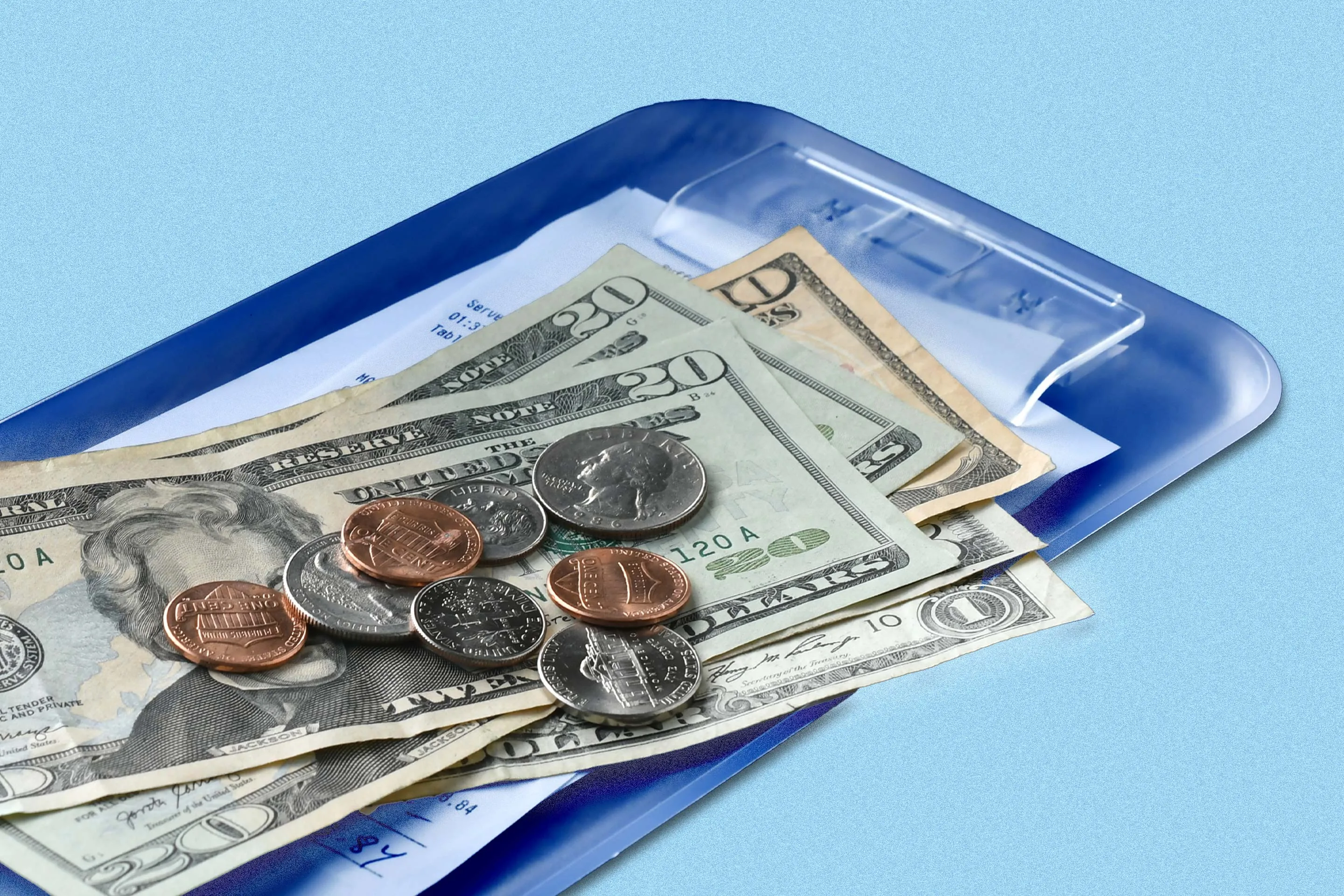No Tax on Tips FAQ: Who’s Eligible, When It Starts and More

The passage of the No Tax on Tips Act in the Senate marks a significant step towards providing tax relief for service industry workers. The bill, which aims to eliminate federal income tax on tips, has garnered bipartisan support and is now on track to potentially become law.
The bill, introduced by Republican Sen. Ted Cruz of Texas, received unanimous consent in the Senate. It is part of a larger discussion in Congress about a comprehensive tax bill that would extend 2017 tax cuts and address issues such as taxes on tips and overtime pay. If the No Tax on Tips Act is passed in the House and signed by President Donald Trump, it would provide immediate tax relief by allowing a 100% deduction on qualifying tips starting from the current tax year, 2025.
The deduction would be capped at $25,000 per year and would only apply to income tax, with workers still required to pay payroll tax on tips. The bill includes provisions to ensure that workers in various industries, such as food and beverage, beauty services, and delivery, are eligible for the deduction. To qualify, an individual’s compensation must be below $160,000 in 2025, with this threshold indexed to inflation.
One key aspect of the bill is its inclusion of tips from cash, debit, and credit card transactions in the deduction. This addresses concerns about uneven taxation of cash versus credit card tips and aims to prevent tax evasion by workers who do not report their tips to the IRS. By allowing workers to deduct reported tips, the bill seeks to promote tax compliance and fairness.
While the No Tax on Tips Act has received praise for its potential impact on blue-collar workers, some critics have raised concerns about its scope and potential implications. Critics argue that the bill may not benefit all tipped workers, particularly those who do not earn enough to owe federal income tax. Additionally, there are concerns about the bill’s impact on economic fairness and the possibility of reduced tipping behavior if the deduction is implemented.
Despite these concerns, the bill has broad support among various groups who believe that tax relief is necessary to address the high cost of living. As the No Tax on Tips Act progresses through Congress, it remains to be seen how it will ultimately impact service industry workers and the broader economy.





